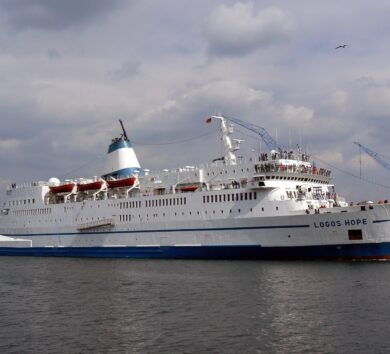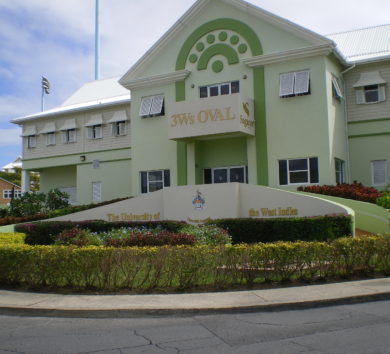

Amid the challenges institutions face due to rapid changes in the Jamaican and wider Caribbean educational sectors, a local expert in transformational leadership and human resources is urging leaders to shift their management style from a traditional “boss” approach to one focused on collaboration and coaching.
Jermaine Nairne, senior manager for talent, performance, and culture at JN Group, addressed school bursars attending the JN Bank-sponsored 24th Annual Caribbean Bursars’ Conference in Hanover.
He emphasised that as schools navigate evolving challenges and embrace digital transformation, fostering a culture of mentorship, empathy, and team wellness is essential for sustained growth and success.
“Leadership today demands a new approach. Research shows we must move from a boss culture to a coach culture,” Nairne said. “It’s not enough to have technical expertise as a bursar; you must also possess the sensibility to understand and address the subtle dynamics within your team.”
He stressed that as the educational landscape continues to evolve, leaders must adapt to avoid being left behind. “It’s crucial to understand not just the work but also the people you lead,” he added.
Nairne also highlighted the importance of leveraging the strengths of a multigenerational workforce, urging bursars to foster inclusive environments where experienced professionals and younger staff can collaborate and learn from each other.

“Every generation brings something unique to the table,” he said, noting the benefits of combining the experience and industry knowledge of seasoned professionals with the technological agility and innovation of younger team members.
“Transitioning from a boss culture to a coach culture means preparing those on your team to eventually replace you. We must learn to evolve and empower people as we go along. We can’t hold everything for ourselves,” he stated.
Guarding Against Workplace Trauma
In addition, Nairne urged bursars to be proactive in preventing workplace trauma, pointing out its potential to significantly affect team performance and decision-making. He explained that leadership sets the tone for the team’s culture, and unhealthy dynamics can ripple through generations.
“If your boss behaves in ways that are unpleasant, you might not express your feelings directly due to the power dynamics, but that frustration can be displaced when you return home,” Nairne said. “This creates a cycle of abuse that can affect your relationships with your family.”
Nairne also stressed the importance of prioritising both personal and team wellbeing, noting that a healthy leader is better able to create a supportive and productive work environment. “The only constant is change, so your wellbeing matters,” he said. “As we evolve, we must prioritise our physical and mental health.”
While acknowledging that not everyone will share the same perspective, Nairne concluded that the ultimate goal should be a shared vision: advancing education and strengthening the future of the sector.
The 24th Annual Caribbean Bursars’ Conference took place from 20–23 November at the Princess Hotels and Resorts in Green Island, Hanover, under the theme: The Future of Work: Adapting to a Changing Landscape.







Comments